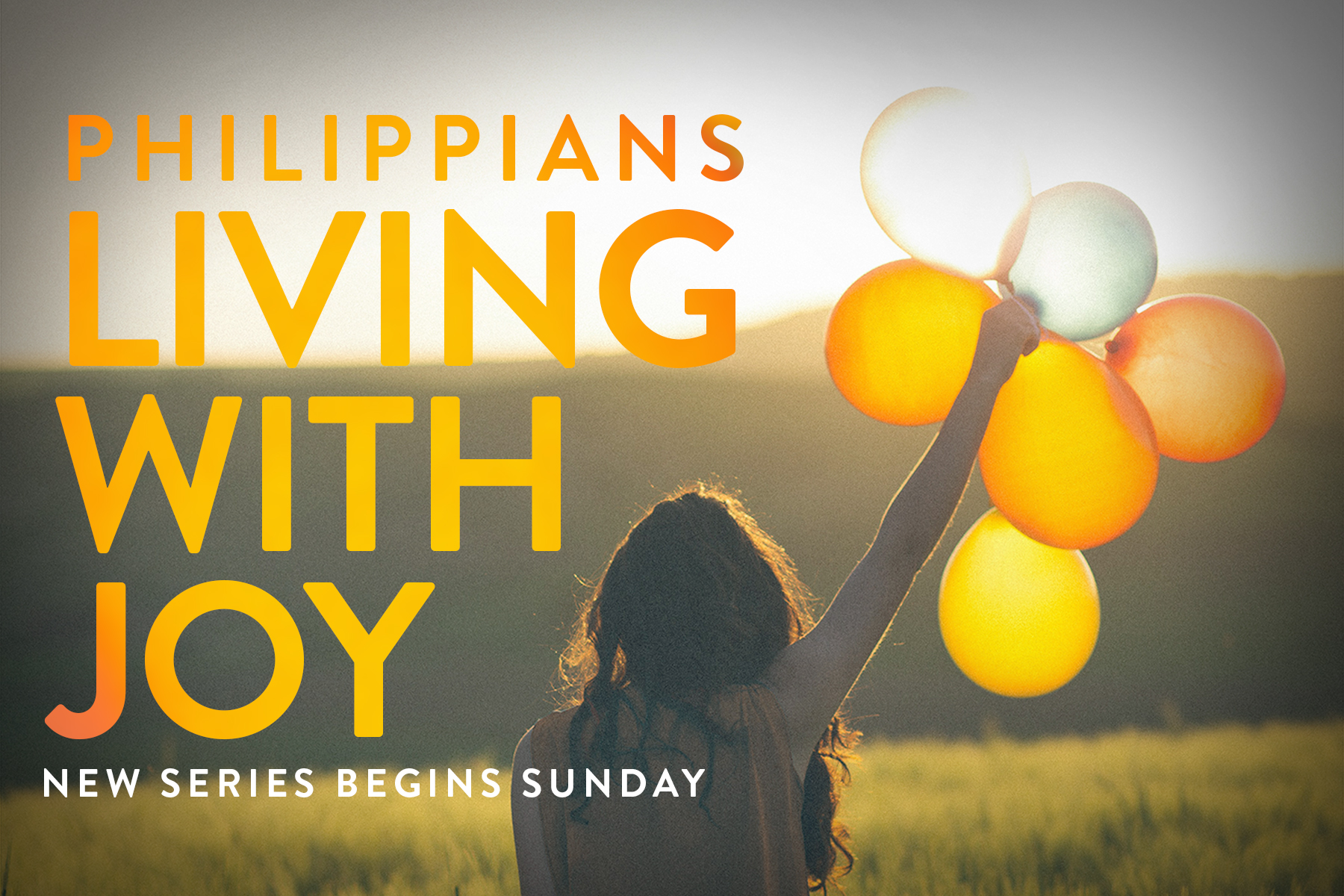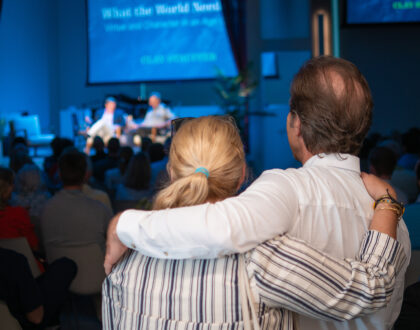Joy is What’s Been Missing

This fall, I am teaching a class at Vanderbilt called “Morality & Happiness in a Post-Corona World.” We are exploring morality, how the pandemic has permanently altered certain aspects of our culture (workplace, school, health care, religion, community life), and the different ways that we all seek to pursue happiness and live meaningful lives.
In his book The Happiness Hypothesis, Jonathan Haidt identifies three different theories of human happiness. The first theory is called the “progress principle:” happiness comes from success and acquiring things. This principle clearly dominates our consumer culture. We feel that we will be happier if we make more money, buy a nicer car, a bigger house, or more toys. But remember the timeless words of Ecclesiastes: “I considered all that my hands had done and the toil I had spent in doing it, and again, all was vanity and a chasing after the wind.” (Ecc. 2:11)
The second theory is common in Buddhism and other eastern religions. “Buddha, Epictetus, and many other sages saw the futility of the rat race and urged people to quit. Happiness comes from within and it cannot be found by making the world conform to your desires.” The objective here is to move away from desire, consumption, and attachment because it inevitably leads to suffering. Meditation, contemplation, prayer, and yoga are common ways to achieve this. This theory also recognizes the shallowness and superficiality of our materialistic culture.
Ultimately, Haidt concludes that both of these theories are inadequate, so he offers a third theory: happiness in life comes from between. “Happiness is not something that you can find, acquire, or achieve directly: you have to get the conditions right and then wait.” Genuine happiness leads to joy. Joy comes from relationships: “relationships between yourself and others, between yourself and your work, and between yourself and something larger than yourself.”
In pursuing happiness, certain obstacles get in our way: anxiety, anger, sadness, grief, loneliness, envy, suffering, illness, and the fear of death. According to Desmund Tutu and the Dalai Lama, we must learn to replace these with perspective, humility, humor, acceptance, forgiveness, gratitude, compassion, and generosity. While happiness is often dependent on external factors that are outside of our control, joy is what we all yearn to experience in life.
According to theologian Stanley Hauerwas, “The most remarkable aspect of learning to live joyfully is that we learn to see the simple and most common aspects of our existence, such as our friends, our spouses, our children, as sheer gifts to which we have no right but who are nonetheless present to us.” Spiritually mature people are able to see the extraordinary in the ordinary, to experience God’s constant presence in all aspects of life.
According Yale theologian Miroslav Volf, “Almost all religious traditions contain a call for us to move beyond self and attend to something larger than us. What often inhibits joy is suffering and trying to achieve a goal that’s not achievable.” A sense of failure and inadequacy often causes many to give up. Despair sets in. Shame is real. Depression may deepen.
More often than not, joy comes from intentionally investing in positive relationships that provide purpose and mutual support in life. This leads to shared meaning throughout the journey, regardless of our destination and accomplishments. At this particular point in history, American culture needs more opportunities for people to experience joy. On this point, we should all agree.
Recommended Posts

Healing, Growth, & Renewal Over Time
May 30, 2025

Values for Our Graduates
May 20, 2025

Leading in the Church
May 16, 2025

